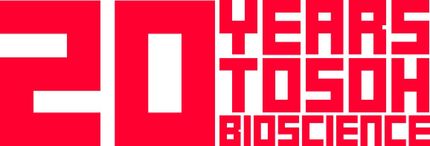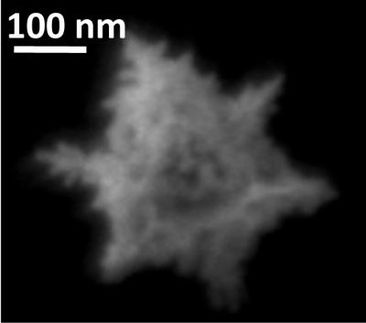Merck KGaA to Sell VWR International to Clayton, Dubilier & Rice, Inc.
Merck KGaA and Clayton, Dubilier & Rice, Inc., a leading global private equity firm, have entered into a stock purchase agreement whereby a fund managed by Clayton, Dubilier & Rice will buy 100% of Merck's laboratory distribution business, VWR International, for USD 1.68 billion. The agreement is subject to regulatory approval and closing of the transaction will take place as soon as all necessary approvals have been granted.
As part of the agreement, VWR will continue to distribute Merck's laboratory products. For that purpose, effective April 1, 2004, Merck will combine its Analytics & Reagents and Life Science Products divisions into a new Life Science & Analytics division. This division will enter into a long-term distribution agreement with VWR.
With 5,880 employees and annual sales of approximately EUR 2.4 billion, the West Chester, Pennsylvania-based company is one of the world's leading distributors of laboratory products. VWR's 750,000 products range from test tubes to fully equipped laboratory clean rooms and biologic materials for drug development.
"The sale of VWR will give Merck much better margins and allow it to better focus on its core businesses of pharmaceuticals and chemicals," said Merck CEO Bernhard Scheuble. "This cash infusion will make Merck almost free of financial debt and give it the flexibility to expand its core businesses if opportunities should arise. We believe that selling to a financial investor at this price is the best solution for our shareholders, for Merck, and for the growth prospects of VWR and its employees."
"VWR International is a very high quality business and the transaction is precisely the kind for which we are well known - a large divestiture of a captive distributor from a major multinational corporation," said Joseph L. Rice, Chairman of Clayton, Dubilier & Rice. "We believe our operationally focused investment model is particularly well suited in situations where the parent organization has a strong interest in seeing the unit being divested grow and prosper as an independent company."
The Laboratory Distribution business accounted for 33% of the Merck Group sales in 2003 and 11% of its operating result. VWR's sales in 2003 declined 11% when calculated in euros but rose 1.4% when adjusted for currency effects. Two-thirds of VWR sales are generated in North America. VWR's operating result for 2003 declined 6.1% to EUR 79 million resulting in a Return on Sales (ROS) of 3.3% compared to 3.1% in 2002. VWR's CEO Walter Zywottek and his management team have agreed to remain with VWR.
Merck first announced in March 2000 that it intended to sell a minority stake in VWR in about two years through an initial public offering. However, by 2002 the IPO market was out of favor with investors and Merck began exploring other avenues to unlock its investment in this non-core distribution business.
The roots of VWR in the United States go back to 1852 when John Taylor founded a druggist and chemical glassware business in Sacramento, California, to serve assayers in the California gold rush. Merck purchased an initial 15% stake in what was by then VWR Scientific Products Corp. in 1995 and acquired the rest of the business by 1999.
In Europe, Merck had been manufacturing laboratory products since 1827 and moved into the distribution business in 1992 with the purchase of the German firm Bender & Hobein. Several more European acquisitions followed and led to the 1999 establishment of Merck Eurolab in Zaventem, Belgium. The North American and European businesses were officially combined into VWR International in July 2000.
Topics
Organizations
Other news from the department business & finance

Get the analytics and lab tech industry in your inbox
By submitting this form you agree that LUMITOS AG will send you the newsletter(s) selected above by email. Your data will not be passed on to third parties. Your data will be stored and processed in accordance with our data protection regulations. LUMITOS may contact you by email for the purpose of advertising or market and opinion surveys. You can revoke your consent at any time without giving reasons to LUMITOS AG, Ernst-Augustin-Str. 2, 12489 Berlin, Germany or by e-mail at revoke@lumitos.com with effect for the future. In addition, each email contains a link to unsubscribe from the corresponding newsletter.



























































